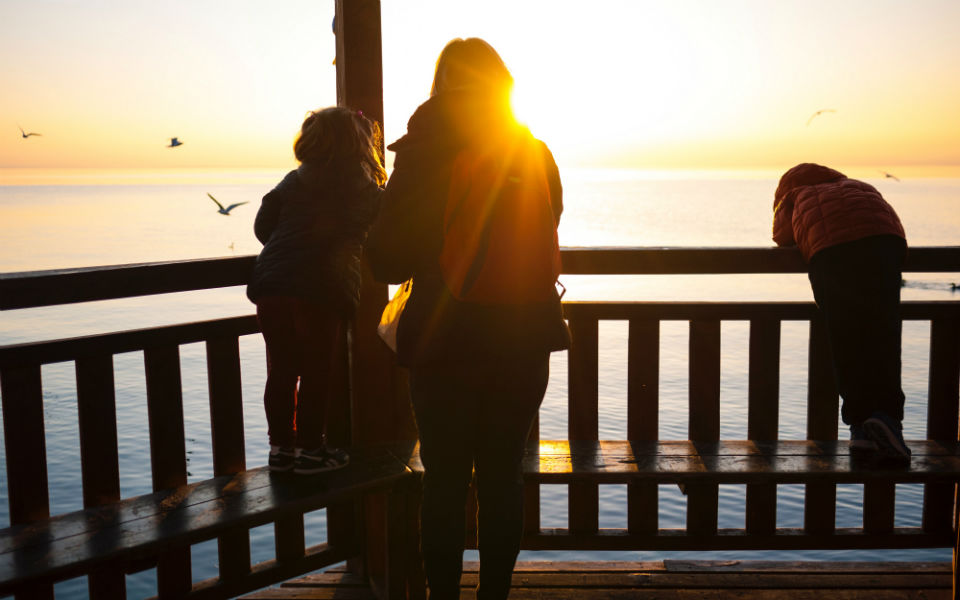High-income families are those that prioritize the circular economy in their daily consumption, while retired spouses are those who show less commitment to the goals of circulation in the economy.
The conclusion comes from a study released on Wednesday by one of the economic research centers of the Department of the Future at Cetelem – BNP Paribas Personal Finance, which collected responses from 14,000 individuals from Belgium, Spain, France and Portugal, in 2020, which served to form 10 consumption profiles that correspond to The most common lifestyles in Portugal.
The financial institution explains that these profiles were determined by the overlap of sociodemographic criteria—such as age and number of items per home—with budget criteria: net income, budget constraints, among others. Thus, it was possible to form 10 profiles and their relationship to the objectives of the circular economy (sustainability).
According to Cetelem, the wealthiest families lead classification Because they are the ones who embrace “circular economy more deeply in their habits”, because they are able to do so more easily because of “budget margins”. “These families feel free to buy expensive products that look the best in terms of quality, environmental impact and health,” explains Setlim.
Next come the carefree young, the young couples, the strategic families and the golden middle-aged couples as “economist circular sympathizers”. “As a rule, they are not owners and show an interest in rental services, and are also attracted to purchases from other individuals (CtoC).” According to the study, this group is “absolutely concerned with environmental issues.”
However, the most notable goes to young people, who turn to second-hand purchases (26%), as well as online booking sites or accommodation exchanges (29%). “It’s pro-sustainability consumption, but concern for price makes it difficult to make a deeper commitment to sustainability in purchasing decisions,” he asserts.
Understanding the circular economy as a means of saving costs and coping with the high burden of pre-allocated expenditures they are exposed to, squeezed families, single workers and the humble middle-aged seem to be “a little committed” on the matter.
While stressed families generate limited budgets, which prevents them from choosing more sustainable or better quality products, there are two groups within individual workers: 30-44 years old and 45-59 years old. The study explains that “these two subgroups, given their generational range, have different habits, which changes the way they engage in the circular economy.”
On the other hand, retired couples and the elderly lonely, because they are more inclined towards traditional consumption, where ownership is important, do not appear as strategic goals for circular economy services.

“Wannabe internet buff. Future teen idol. Hardcore zombie guru. Gamer. Avid creator. Entrepreneur. Bacon ninja.”

